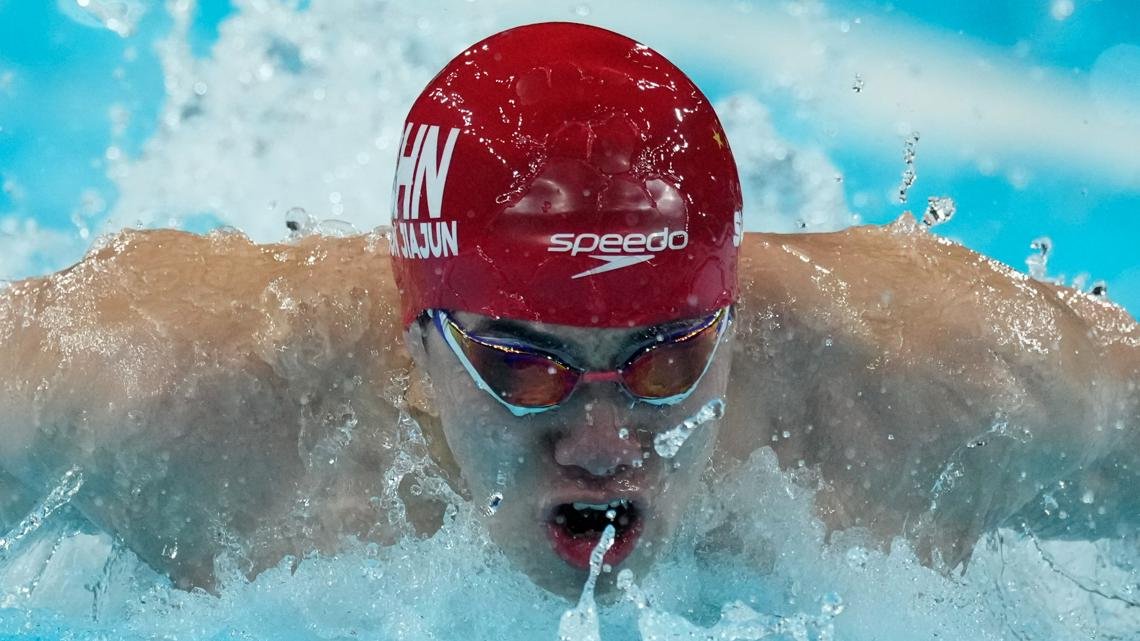General News
Olympic Swimmers Expose Chinese Doping Scandal; Britain’s Adam Peaty Demands Ban

China has secured gold in the men’s 4×100-meter medley relay at the Paris Olympics, clocking an impressive 3 minutes, 27.46 seconds. The victory comes amid lingering doping controversies, with two of the team members previously testing positive before the 2020 Games.
NANTERRE, France — As the Olympic events concluded Sunday night, athletes voiced their concerns over the Chinese doping scandal that has cast a shadow over the Paris Olympics.
The Chinese swimmers, who were allowed to compete after a domestic investigation attributed their positive tests to contaminated food, stood firm on the podium. This has drawn ire from fellow competitors.
“In sport, one of my favorite quotes I’ve seen lately is ‘There’s no point in winning if you don’t win it fair,’” British swimmer Adam Peaty remarked. Peaty’s team finished fourth, narrowly missing the medal podium. “Even if you touch and you know you’re cheating, you’re not winning, right? For me, if you’ve been on that and you have been contaminated twice, I think as an honorable person it means you should be out of the sport. We know sport is not that simple.”
Further complicating the matter, The New York Times reported additional doping cases last week. Two Chinese swimmers, including a 2024 Olympian, tested positive for a banned substance in 2022 but were still cleared to compete.
Peaty disclosed that he had held back his frustrations all week but ultimately felt compelled to speak out about what he perceives as systemic issues in sport.
In another gripping moment, China also clinched bronze in the women’s 4×100 medley relay shortly after their men’s victory. Zhang Yufei, one of the swimmers implicated in the initial doping scandal, was part of this team.
Zhang explained that she and her teammates had been tested three to four times a week leading up to the Paris Games. This rigorous testing follows the scandal involving 23 Chinese swimmers, yet the World Anti-Doping Agency upheld its decision to clear the athletes who had tested positive for a banned heart medication months before the Tokyo Olympics.


















